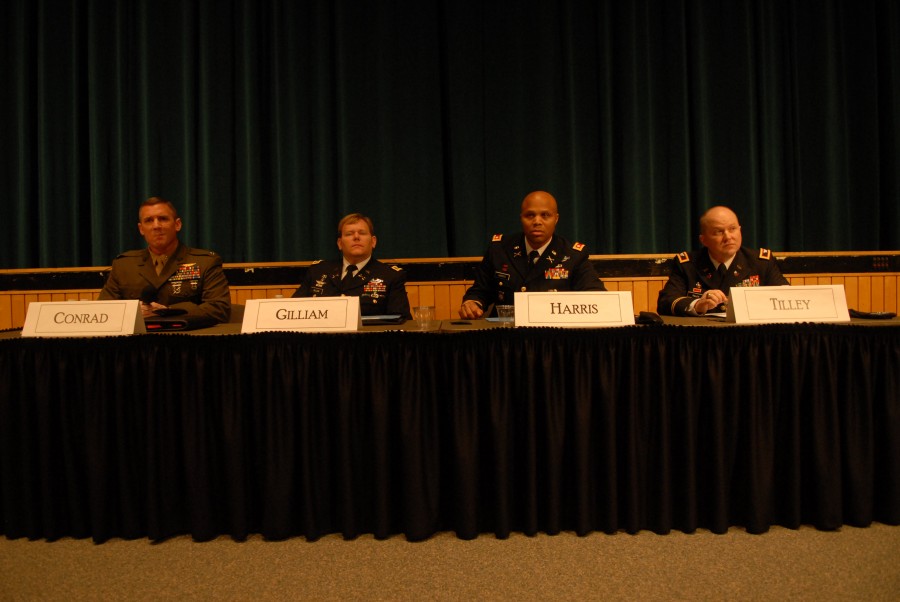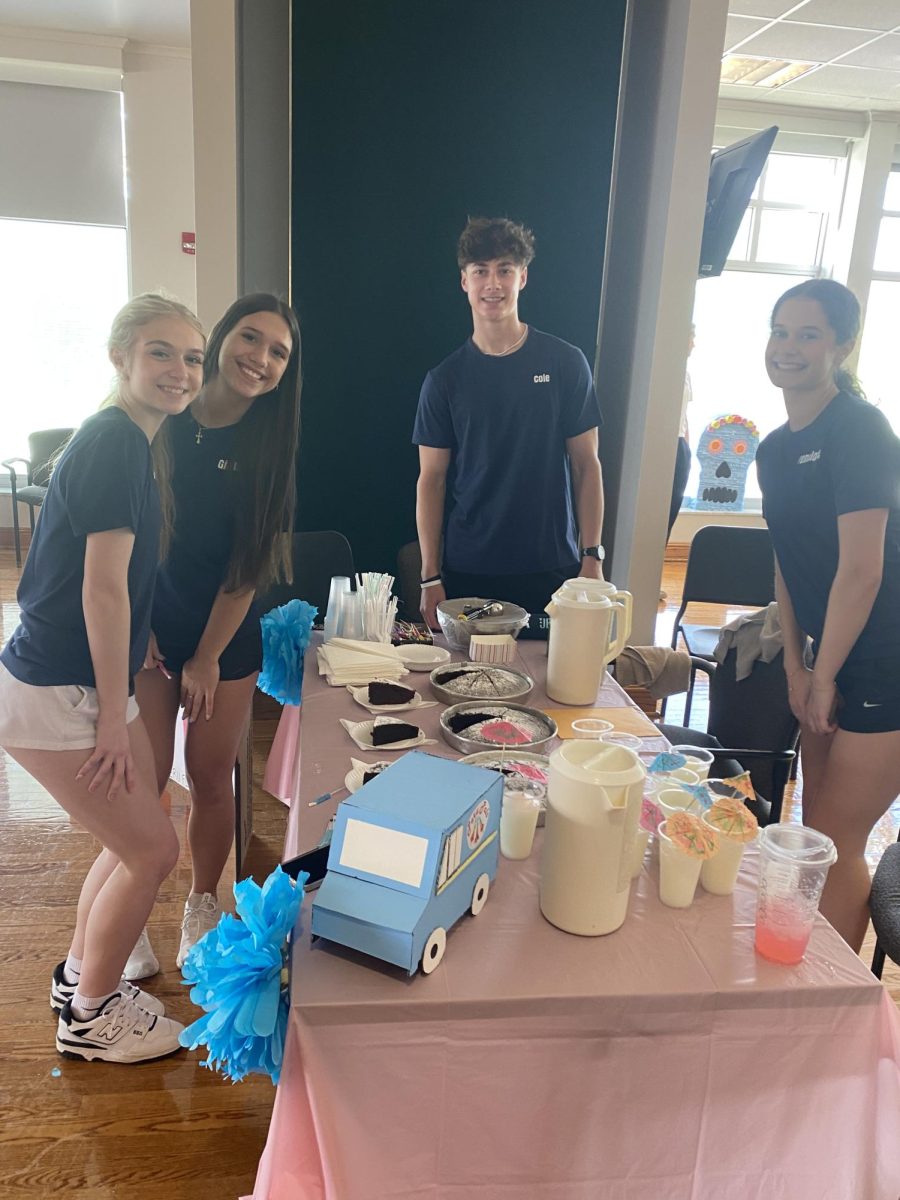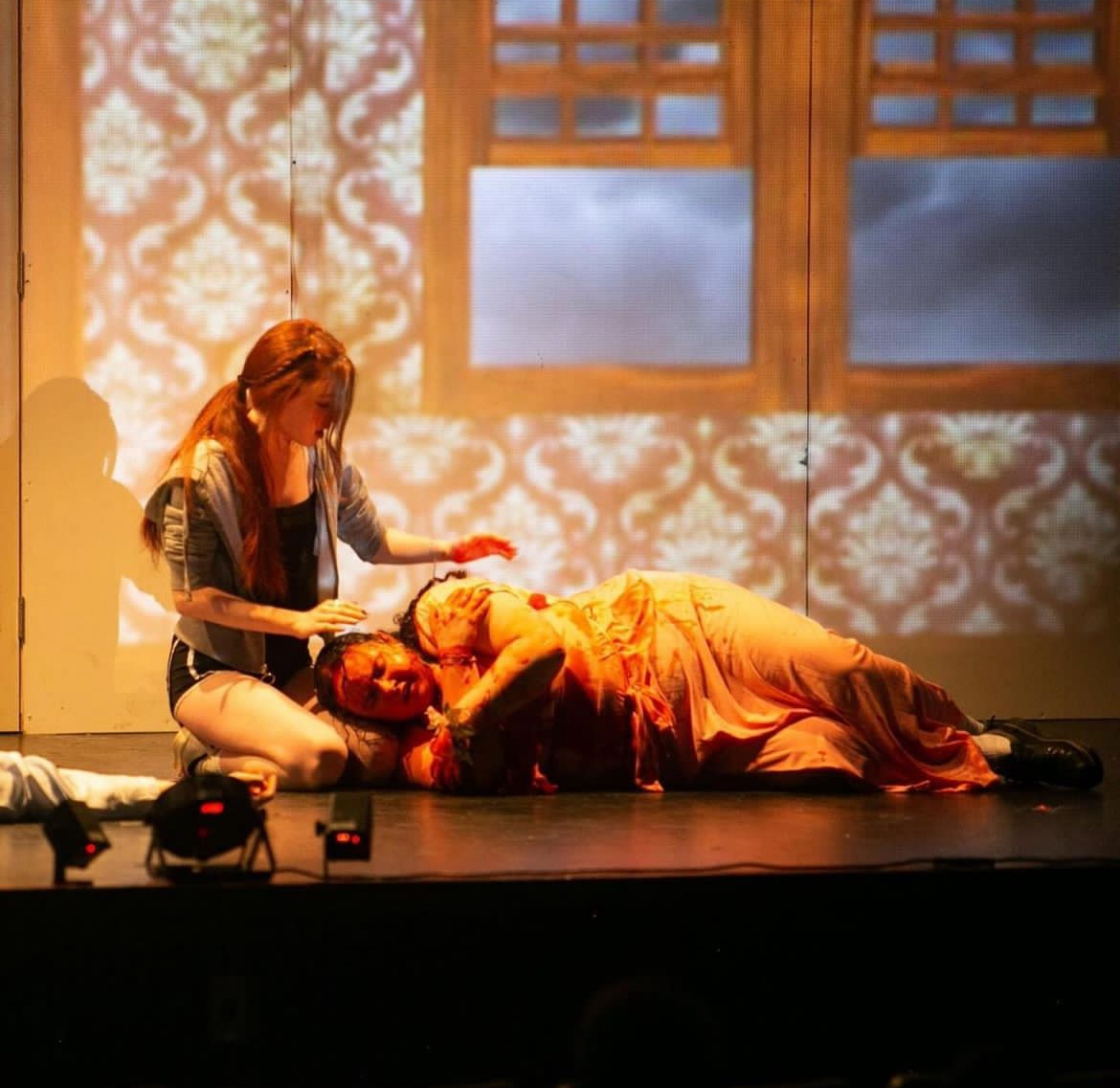On February 17, 2011 from 9:30 to 11:00 am, a group of students from Latrobe, Kiski, Lower Burrell and Uniontown interacted with the World Affairs Council of Pittsburgh. The Council started in 1931, as a chapter of the Foreign Policy Association, but then in 1964 the council became an independent world affairs group. Outreaching to more than 275 schools in western Pennsylvania, the council’s mission is to “promote, on a non-partisan basis, understanding of important international issues” to the community and in secondary education.
The Council came to Greater Latrobe High School to present a seminar entitled, “Securing our Future- Challenges Facing National Security.” The seminar consisted of four educated and accomplished military leaders acting as a panel, bringing up current topics and taking questions from students. Lieutenant Colonel Shane B. Conrad of the U.S. Marines, Lieutenant Colonel Harrison Gilliam of the U.S. Army National Guard, Lieutenant Colonel Shawn A. Harris of the U.S. Army National Guard, and Colonel Eric Tilley of the U.S. Army shared their knowledge and personal opinions on predetermined and spontaneous topics.
Each leader not only described themselves, but also introduced a topic. These subjects included China’s growth, counterterrorism, partnership and security in Africa, and NATO’s past, present and future. After each panelist introduced their topic, the floor was open entirely for questions. Students could get in line behind a microphone placed in the center aisle of the auditorium to ask the tough questions. “We don’t care what it is, we will answer it to the best of our ability,” Lieutenant Conrad said before the questioning commenced. The line gradually increased as the students realized that these men, although extremely experienced in world affairs, were not condescending or as intimidating as they seemed. Questions became as personal as, “Why [are] Marines’ deployments shorter than a regular Army soldiers’?” The men answered all of the questions without holding back, even hard topics to discuss like “national interest [driving] everything that the United States does.”
History teachers throughout the school had been asking for volunteers to attend this seminar long before the event took place. They knew that the council would provide students with much needed knowledge for their years as graduated young adults. “[The seminar] provides an informative platform for discussion between students and professionals in the political and military fields,” says Mr. Ferraro, who has been attending this seminar for eight years.
Lieutenant Conrad described the purpose of the seminar, “In some way shape or form, these issues are going to affect you as a U.S. citizen so if we can leave you with one thing today, it’s that you understand your country, you understand the issues facing your country and you understand the issues facing the world and how the whole thing interrelates.” He goes on to say, “It’s a big world out there, but at the same time it is a small world and things that happen on the other side of the globe are going to affect you and are certainly going to affect your future.”
The seminar not only had an admirable purpose, but the topics were portrayed in words that students and adults alike would understand. “It was nice for things to be brought down to a level that could be understood by everybody,” says senior Peter Artuso about the afternoon in the auditorium. The four distinguished men put forth their ideas without the condescending attitude that many world leaders carry towards youth. When current topics were made comprehendible, student interest grew. This seminar truly took complex material and made it interesting by presenting it with mutual respect.
[slickr-flickr tag= “Council”]





